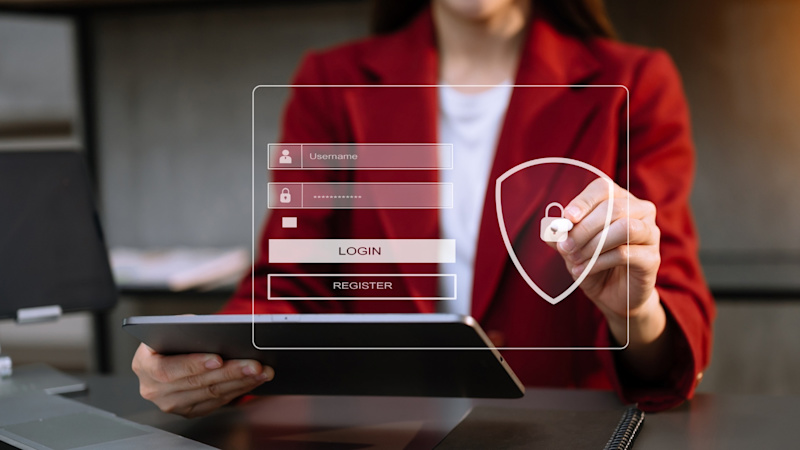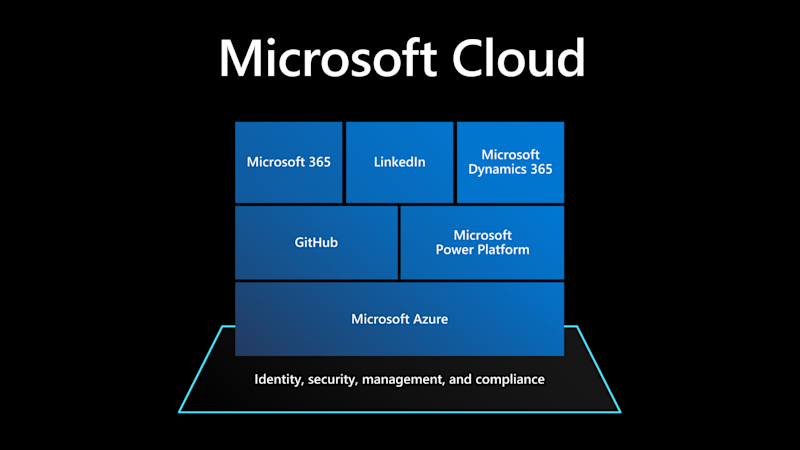For many in cyber security, the concept of Zero Trust is challenging. Despite knowing what it is in theory, putting it into practice can be easier said than done. Learning and earning Microsoft security certifications come into play here for organisations invested in specific platforms.
Fortinet’s State of Zero Trust report states that many organisations have understood what it means. But many need help figuring out what it looks like for them and how to translate it into realistic solutions.
80% reported that implementing a zero-trust strategy across an extended network would be challenging.
60% reported it would be moderately or very difficult.
21% said it would be extremely difficult.
Respondents to the Fortinet survey agree on the importance of Zero Trust and need support with follow through.
What is Zero Trust, and what are its three main concepts?
The Zero Trust security model provides a higher level of security for modern digital environments. In this cybersecurity concept, the organisation and its security specialists assume that everything and everyone is a threat and that you need verification before trusting users and devices.
Furthermore, with the model, authentication and authorisation are discrete functions cyber security teams perform before they allow others to access an organisation’s networks and systems.
What are the three main concepts of zero trust? Secure World explains that they are:
Risk awareness - Security teams need to anticipate and have visibility on the risks that confront users daily.
Least privileged access - Access with the least permissions is the default. Security teams should only allow special access in exceptional cases; just as much is needed to complete specific tasks.
Continuous access verification - This process involves monitoring user activities continuously, flagging possible anomalous activity and setting up multi-factor authentication.
Microsoft Security Certifications
We know that your time is valuable. So, we put everything in one place about learning to implement a Microsoft Zero Trust architecture. Additionally, you can access courses through the Lumify Anywhere platform that supports different scheduling and logistical needs – self-paced, instructor-led, or bootcamp-style.
Microsoft Certified: Security, Compliance, and Identity Fundamentals
Learn how to run Microsoft Security Essentials. The SC-900 certification course is recommended for business stakeholders, new or existing IT professionals, or students interested in Microsoft security, compliance, and identity solutions. You can learn the fundamentals of security, compliance, and identity (SCI) across cloud-based and related Microsoft services.
Microsoft Certified: Azure Security Engineer
This Microsoft Azure security certification is designed for professionals implementing security controls and threat protection as part of an end-to-end infrastructure.
Microsoft Certified: Microsoft 365 Security Administrator
For those who proactively secure Microsoft 365 enterprise and hybrid environments, implement and manage security and compliance solutions, respond to threats, and enforce data governance.
Microsoft Certified: Security Operations Analyst Associate
Do you collaborate with organisational stakeholders to secure information technology systems and reduce risk by rapidly remediating active attacks in the environment? We recommend you explore this certification.
Microsoft Certified: Identity and Access Administrator Associate
This certification is ideal for IT professionals who design, implement, and operate an organisation’s identity and access management systems using Azure AD.
Microsoft Certified: Information Protection and Compliance Administrator Associate
If you are responsible for translating requirements and compliance controls into technical implementation, we recommend you explore this certification.
Gaining Microsoft SCI certifications to implement Zero Trust
You can find Microsoft Security courses and certifications on Lumify. Learn from our Microsoft Certified Trainers (MCTs) - the largest pool in Asia Pacific. Our trainers are experienced in the cyber security industry and can provide real-world insights to navigating Zero Trust.
We're thrilled to announce that Lumify Work has been honoured with the Microsoft MCT Superstars Award for FY24. This is a testament to the high quality of our Microsoft Certified Trainers (MCTs) across Australia and New Zealand.
For more than three decades, our team have been helping people master technological change. As DDLS and Auldhouse, we've upskilled thousands of professionals and businesses, partnering with the world's top tech vendors to become ANZ's undisputed leaders in ICT training.
We are building on that legacy under the banner of our new brand, Lumify Group. We can deliver on the full spectrum of IT training through our three core brands - Lumify Learn, Lumify Work and Lumify People.
Lumify Work is your best choice for training and certification in any of Microsoft’s leading technologies and services. We have over 30 years of experience in delivering effective training across all Microsoft products and are a proud Microsoft Gold Learning Solutions Partner.
We have ten fully equipped training campuses (60 classrooms) located in key business centres around Australia, New Zealand and the Philippines.
And if time or distance prevents you from coming to us, we can train your team on your premises or deliver state-of-the-art remote instructor-led training. Full HD video and audio creates a virtual classroom experience and access to our expert instructors.
Download our Microsoft Security eBook to learn more about opportunities in cyber security and how to map out your career in this field. Get certified for Microsoft security under a global IT leader today and enquire about Cyber security courses and training paths.







